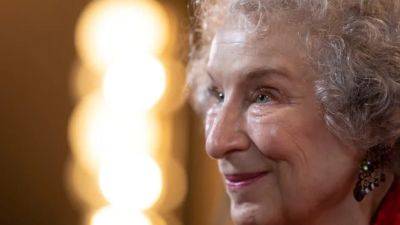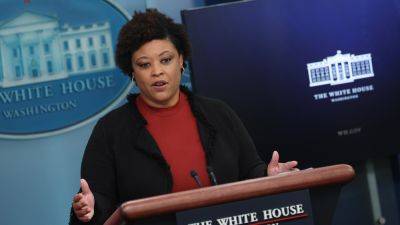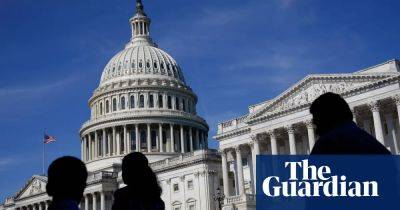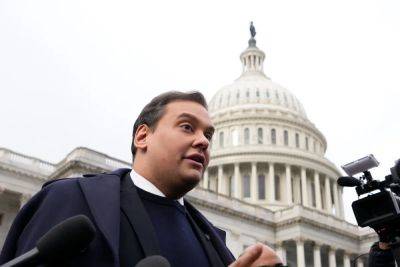Lies and scandal: How two rogue scientists at a secret lab triggered a national security calamity
A high-security lab. Ebola. A mysterious package. The Chinese military.
The release earlier this week of hundreds of documents related to the dismissal of two scientists — Dr. Xiangguo Qiu and her husband Keding Cheng — has pulled back the curtain on an explosive national security probe at the Winnipeg-based National Microbiology Lab, part of the Canadian Science Centre for Human and Animal Health (CSCHAH).
The investigation — and the fight to make information about the investigation public — took years.
How it started
According to Public Health Agency of Canada (PHAC) documents, the agency's National Security Management Division was advised in September 2018 that Qiu had been listed as the inventor on a Chinese patent that might have contained scientific information produced at the CSCHAH in Winnipeg — and that she shared that data without authority.
Speaking to investigators from Presidia Security Consulting, the outside firm hired by PHAC to conduct a fact-finding mission, Qiu, then head of vaccines and antivirals with the CSCHAH's zoonotic diseases and special pathogens division, said she didn't know her name was on the patent.
According to Presidia's March 2019 report, multiple interview subjects, including PHAC's chief science officer, told investigators that it was highly unlikely that a researcher's name would appear on a patent without their knowledge.
The patent dealt with a treatment for Ebola. Fellow employees at the National Microbiology Lab interviewed as part of PHAC's fact-finding mission said the patent likely used information the CSCHAH lab had collected while searching for molecules and compounds that could inhibit Ebola.
The National Security Management Division also began an investigation into allegations







